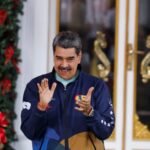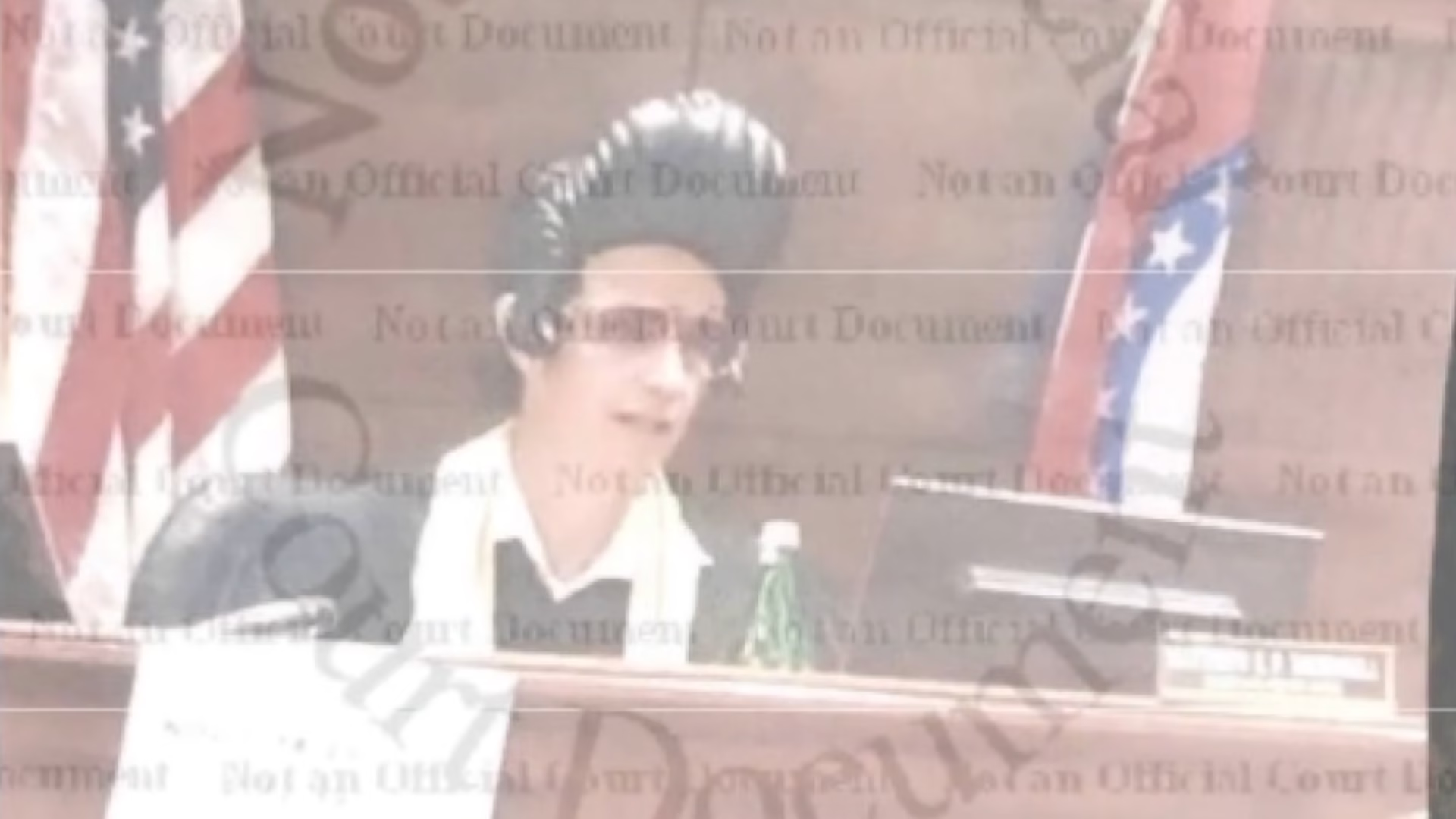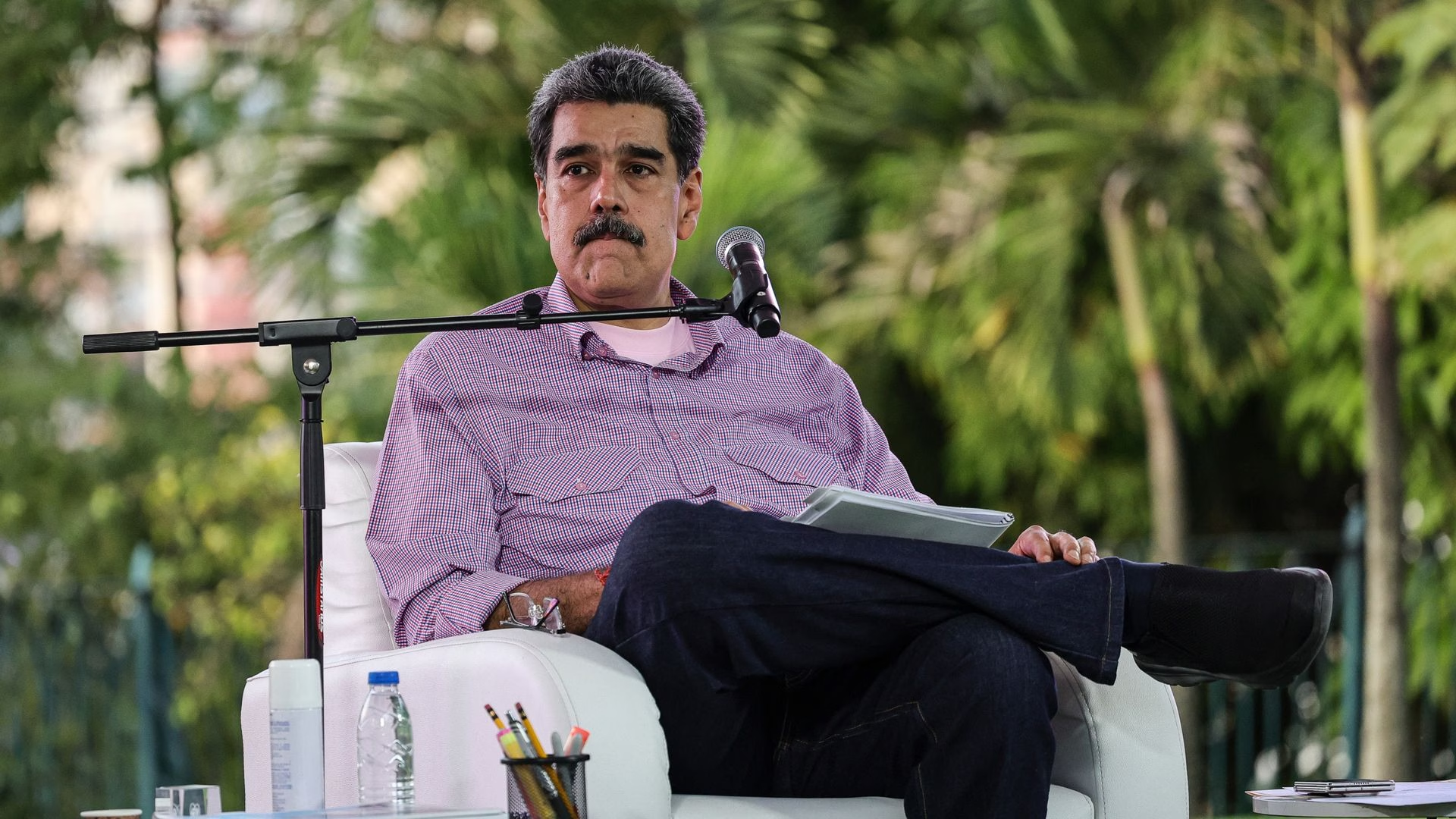
Six international airlines have suspended flights to Venezuela after the United States warned major carriers about a “potentially hazardous situation” due to “heightened military activity” around the South American country.
Spain’s Iberia, Portugal’s TAP, Chile’s LATAM, Colombia’s Avianca, Brazil’s GOL and Trinidad and Tobago’s Caribbean all halted flights to the country on Saturday, the AFP news agency reported, citing Marisela de Loaiza, the president of the Venezuelan Airlines Association.
- list 1 of 3US warns civilian flights as military activity around Venezuela increases
- list 2 of 3‘Restricted’: Did US troops try to cordon off a Mexican beach?
- list 3 of 3Colombia hails ‘historic blow’ after largest cocaine bust in a decade
end of list
TAP said it was cancelling its flights scheduled for Saturday and next Tuesday, while Iberia said it was suspending flights to the Venezuelan capital, Caracas, until further notice.
TAP told the Reuters news agency that its decision was linked to the US notice, which it said “indicates that safety conditions in Venezuelan airspace are not guaranteed”.
According to the AFP news agency, Panama’s Copa Airlines, Spain’s Air Europa and PlusUltra, Turkish Airlines, and Venezuela’s LASER are continuing to operate flights for now.
The flight suspensions come as tensions between the US and Venezuela soar, with Washington deploying troops as well as the world’s largest aircraft carrier to the Caribbean, as part of what it calls an anti-narcotics operation. Caracas, however, describes the operation as a bid to force Venezuelan President Nicolas Maduro out of power.
The US military has also carried out at least 21 attacks on alleged drug boats in the Caribbean and the Pacific, killing at least 83 people.
The campaign – which critics say violates both international and US domestic law – began after the administration of President Donald Trump increased its reward for information leading to the arrest or conviction of Maduro to $50m, describing him as the “global terrorist leader of the Cartel de los Soles”.
President Trump, meanwhile, has sent mixed signals about the possibility of intervention in Venezuela, saying in a CBS interview earlier this month that he doesn’t think his country was going to war against Caracas.
Advertisement
But when asked if Maduro’s days as president were numbered, he replied, saying, “I would say yeah.”
Then, on Sunday, he said the US may open talks with Maduro, and on Monday, when asked about the possibility of deploying US troops to the country, he replied: “I don’t rule out that. I don’t rule out anything. We just have to take care of Venezuela.”
Days later, on Friday, the US Federal Aviation Agency (FAA) urged all flights in the area to “exercise caution” due to the threats “at all altitudes, including during overflight, the arrival and departure phases of flight, and/or airports and aircraft on the ground”.
Ties between Washington and Caracas have been dominated by tensions since the rise of Maduro’s left-wing predecessor, Hugo Chavez, in the early 2000s.
The relationship deteriorated further after Maduro came to power following Chavez’s death in 2013.
Successive US administrations have rejected Maduro’s legitimacy and imposed heavy sanctions on the Venezuelan economy, accusing the president of corruption, authoritarianism and election fraud.
The Trump administration has hardened the US stance. Last week, it labelled the Venezuelan drug organisation, dubbed Cartel de los Soles (Cartel of the Suns), a “terrorist” group, and it accused Maduro of leading it, without providing evidence.
In recent weeks, conservative foreign policy hawks in the US have been increasingly calling on Trump to topple the Maduro government.
Maduro has accused the US of inventing “pretexts” for war, repeatedly expressing willingness to engage in dialogue with Washington. But he has warned that his country would push to defend itself.
“No foreign power will impose its will on our sovereign homeland,” he was quoted as saying by the Venezuelan outlet Telesur.
“But if they break peace and persist in their neocolonial intentions, they will face a huge surprise. I pray that does not occur, because – I repeat – they will receive a truly monumental surprise.”
Venezuelan opposition leader Maria Corina Machado, who recently won a Nobel Peace Prize, suggested that overthrowing Maduro would not amount to regime change, arguing the president lost the election last year and rigged the results.
“We’re not asking for regime change. We’re asking for respect of the will of the people and the people will be the one that will take care and protect this transition so that it is orderly, peaceful and irreversible,” she told The Washington Post on Friday.
Machado, 58, has called for privatising Venezuela’s oil sector and opening the country to foreign investments.
Advertisement
British Caribbean News


